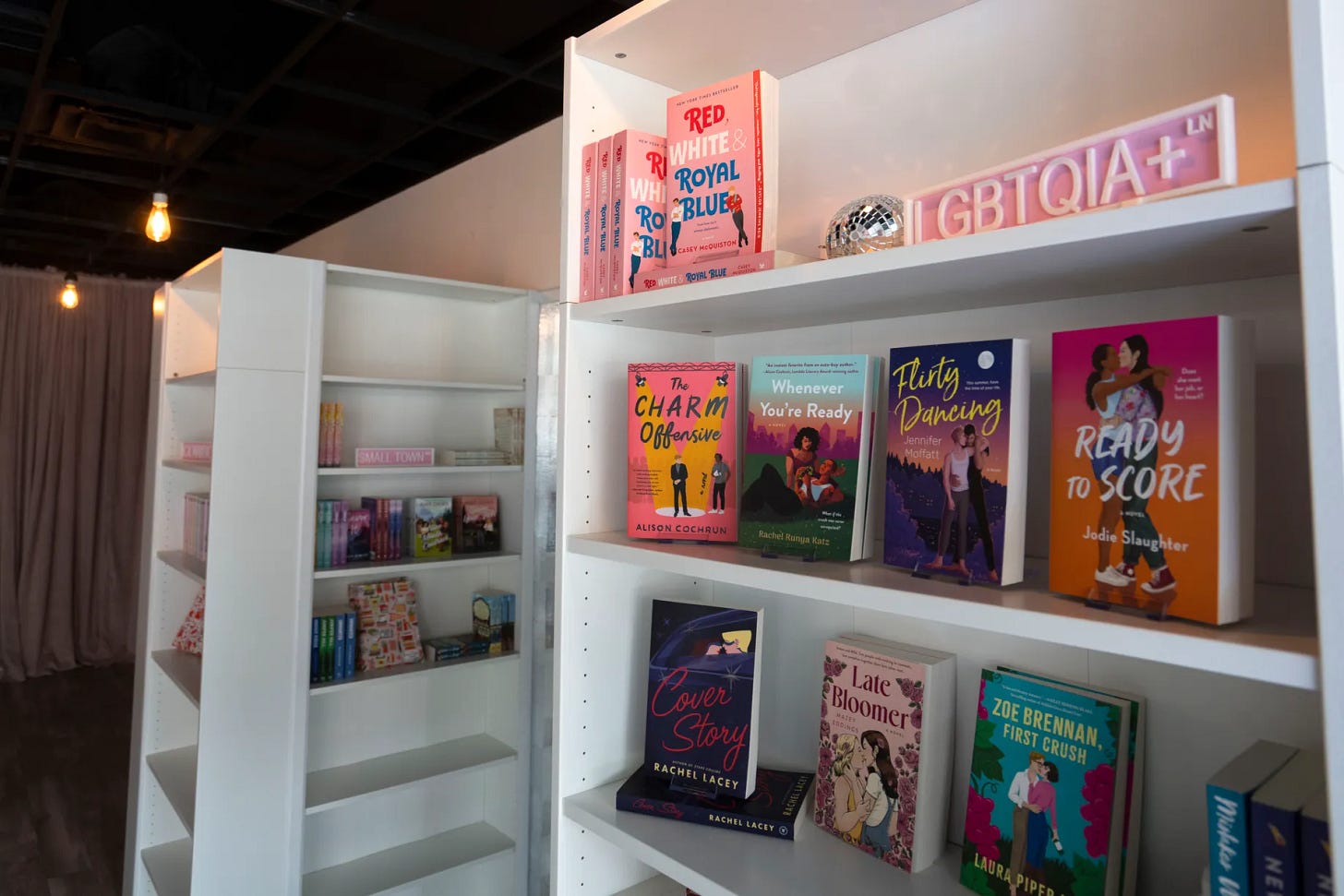When people think of romance novels, the first thing that comes to mind is shirtless Dukes with windswept hair on the covers of mass-market paperbacks. The damsel in distress main character who is waiting for a love interest to come and save her from the clutches of evil.
They’re a thing for girls. It isn’t ‘real’ reading, because they are stories typically written by women, for women, and starring women.
But what if we told you that romance books, even the most “raunchy” of the genre, are deeply political?
The romance genre has always been popular, generating billions of dollars in revenue annually, and its roots go all the way back to the 18th and 19th centuries. Today, romance novels are more beloved than ever with the rise of social media and ‘BookTok,’ a side of the popular app TikTok dedicated to creators talking about their favorite books, characters, relationships, and tropes.
Instead of hiding their scandalous romance novels from the public eye, women are now unabashedly enjoying their favorite genre. And for many of these fans, it's the first time seeing themselves in the pages of a book.
Long dismissed as “silly books for women,” the genre has actually been radical from its earliest days, centering female protagonists and their desires in a society that often kept these stories behind closed doors. Today, romance has expanded beyond the straight white heroines of the past to highlight LGBTQ+ love stories, Black women finding their fairytale endings, and other marginalized voices being placed front and center.
That shift is exactly why the genre is under attack by Donald Trump and his allies. Today, romance books are some of the most frequently banned in the U.S., often under the guise of concerns about “sexual content,” but in reality, it’s because they center women, LGBTQ+ people, and people of color.
From early heroines who defied social expectations to modern stories that celebrate queer love and diverse voices, romance asserts that all people deserve joy. That’s why romance writers are at the forefront of political action, from organizing against book bans to raising millions for voting rights.
In a political moment when it feels increasingly difficult to succeed as a woman, a queer person, a person of color, an immigrant, or a person with a disability, seeing characters who look and think like you find love and have a happy ending is nothing short of radical. These books provide hope and happiness – something that a lot of us are lacking right now.
So, the next time you hear someone make fun of romance novels, just know that they have no idea what they’re talking about. They likely view the genre as frivolous or even intellectually inferior, but this opinion completely misses the critical political commentary and diverse storytelling that define the books that so many of us love.














